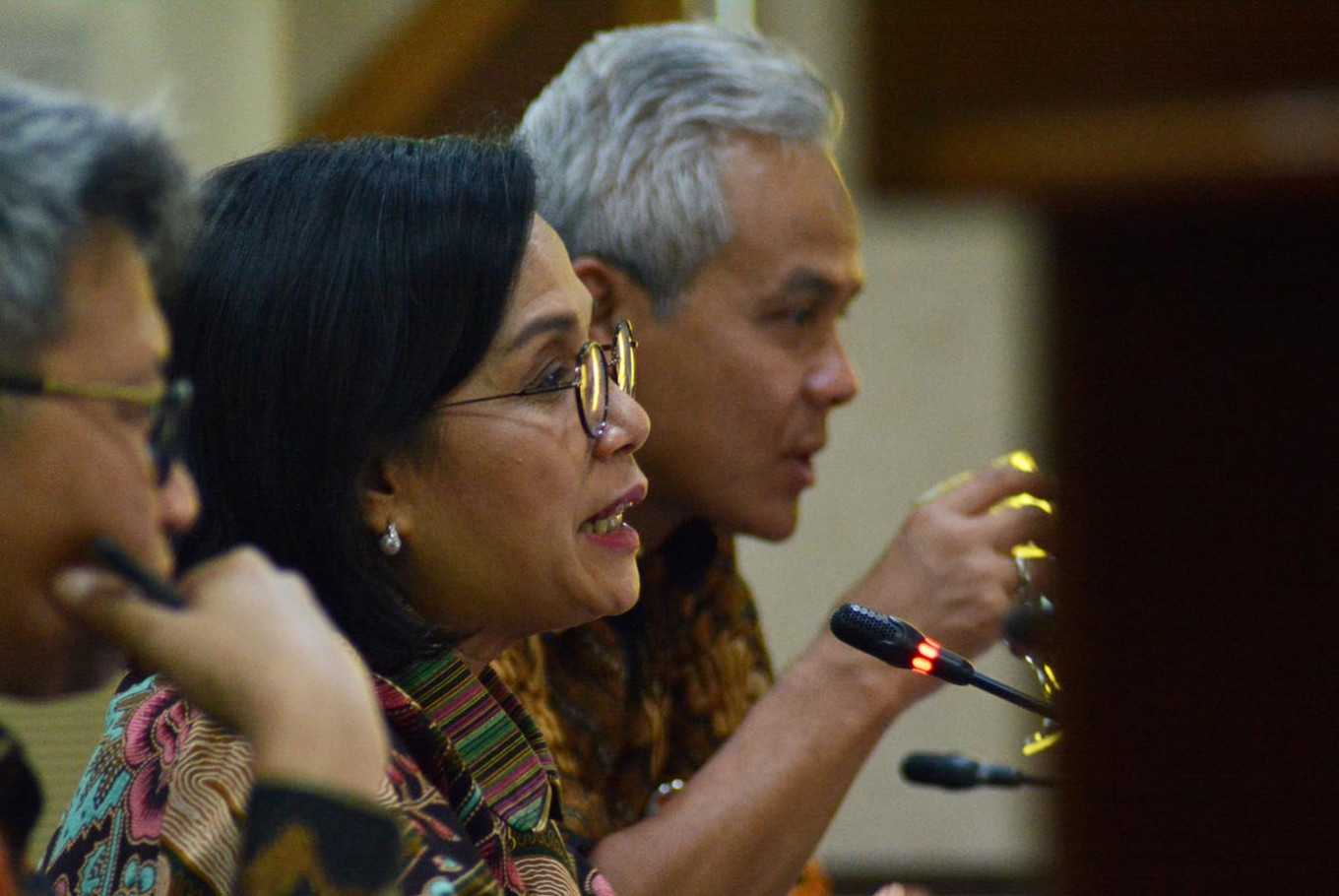Government open to opportunity of BI shopping for zero-coupon bonds to assist state budget
01 July, 2020

The federal government has opened the opportunity of Lender Indonesia (BI) buying government bonds with a zero-coupon rate within a “burden-sharing” scheme to finance the challenge against the COVID-19 pandemic, a senior minister said on Monday.
Financing Minister Sri Mulyani Indrawati said the central lender might bear 100 percent of the coupon amount burden for bonds issued to financing programs which were considered in the general public fascination, including for healthcare, social cover and financial support for regional governments. She predicted the programs to total Rp 397 trillion (US$28 billion).
“We are finalizing with the central lender how many authorities bonds we will sell to the marketplace and just how many we’ll sell through individual positioning to BI,” Sri Mulyani told lawmakers throughout a hearing on Monday.
Before this month, she stressed that zero-coupon bonds were not among instruments appearing discussed by the government and the central lender to be utilized to intensify the country’s response to the pandemic, despite urging by lawmakers.
The government has been struggling to finance the widening budget deficit, which is expected to reach 6.34 percent of gross domestic product (GDP), higher than the previous legal limit of 3 percent. A crisis laws signed by President Joko “Jokowi” Widodo in April provided a legal basis for the federal government to widen the deficit beyond the 3 percent limit.
The government has now allocated Rp 2.74 quadrillion in talk about spending while state income is expected to amount to only Rp 1.7 quadrillion, based on the latest 2020 point out budget revision as stated in Presidential Regulation (Perpres) No. 72/2020 signed last week.
The federal government has allocated Rp 695.2 trillion worth of COVID-19 related expenditure to fund health care and boost the economic recovery. Sri Mulyani said on Mon the pandemic would pressure the government to invest around Rp 903.46 trillion, comprising Rp 505 trillion for public-welfare programs and Rp 397 trillion in support for the exclusive sector, from the state spending budget.
The minister said on Monday the central bank may also finance support programs for businesses and people, by buying bonds with a coupon rate of just one 1 percent below BI’s benchmark interest, which currently stands at 4.25 percent.
According to the ministry’s official materials provided to the lawmakers, the interest burden from authorities bonds caused by the pandemic will end up being Rp 66.5 trillion each year, with a yield assumption of 7.36 percent for the 10-year government bonds at the time. BI might bear Rp 35.9 trillion of the full total burden, in line with the finance minister.
BI Governor Perry Warjiyo said the central lender and the federal government were in the final stages of the burden-posting scheme, adding that it could maintain good-governance principles.
“BI is ready to talk about the burden not merely in the financing initiatives but also those linked to the debts,” Perry told lawmakers through the same hearing, adding that the scheme would convenience the government’s burden from paying higher rates of interest as a result of the widening deficit.
The central bank has bought Rp 30.33 trillion of government bonds directly in auctions as a non-competitive bidder to greatly help finance the spending plan deficit. It has also bought Rp 166.2 trillion of bonds in the secondary market to help stabilize the country’s currency.
Previously, several lawmakers had called over BI to accomplish more to talk about the government’s burden, urging the central bank to buy bonds with zero-coupon rates.
“The burden-sharing scheme can help maintain debt stability and industry confidence,” Permata Lender economist Josua Pardede said on Mon, adding that it would also lower the government’s burden amid the widening deficit and rising debt-to-GDP ratio.
“This may also prevent interest payments from becoming too much, which will be a subject of evaluation by credit-rating agencies,” Josua said, warning that the agencies might downgrade the country’s rating if interest payments were higher than tax revenue.
The government, he continued to say, should increase government spending in a bid to strengthen the economy, warning that slow fund disbursement may also hinder the economic recovery.
Meanwhile, Middle of Reform in Economics (CORE) Indonesia exploration director Piter Abdullah described the agreement as “as well extreme” given the factor between the market amount of around 7 percent and the zero percent rate.
“Although there are simply no notable risks, they also needs to have an agreement that if the central bank’s capital declines, the government should part of and inject liquidity."
Source: www.thejakartapost.com
